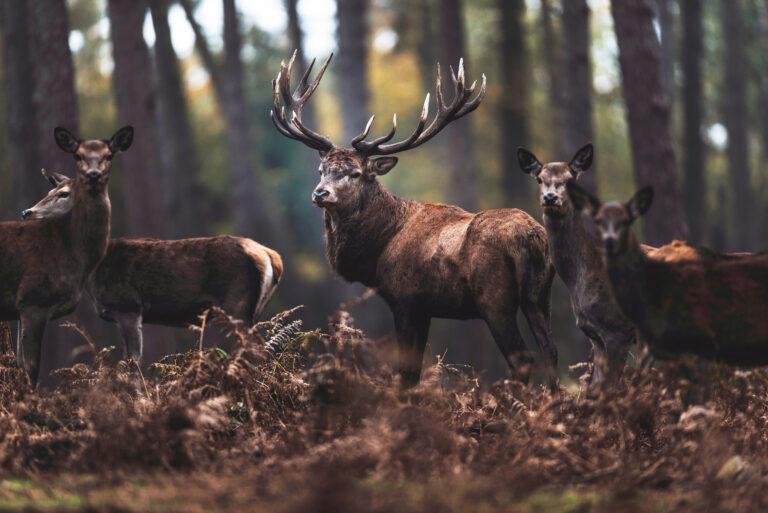In 2014, FAO and WHO classified B. coli as an emerging pathogen and foodborne parasite, that should be included in special control guidelines.
It is found in the digestive system of mammals (pigs, sheep, horses), and it can also infect humans, albeit with low prevalence. The main symptoms of infection are abdominal pain and diarrhea, and in severe cases it can lead to bleeding and perforation of the colon. The infection, however, is not accompanied by any symptoms in most mammals, including humans. Although rare, B. coli is regarded as a pathogen capable of being involved in water and foodborne outbreaks, and human deaths have also been associated with infections.
It is known that wild cervids can play an important role in the spread of various zoonotic diseases. Their numbers and densities are increasing in Europe, and their meat is also widely consumed. Until now, little information was known about the occurrence of B. coli in wild cervids in Europe.
The new research therefore examined the prevalence and molecular diversity of B. coli in this group of animals. 130 faecal samples were collected non-invasively in nature from red deer (Cervus elaphus, n=95) and fallow deer (Dama dama, n=35). The prevalence was 4.2% in red deer and 5.7% in fallow deer. Two genetic variants (A and B) were identified in red deer and red and fallow deer.

